SSTL CIRCLE
Space Weather: SSTL Radiation Monitors to fly on DSTL's CIRCE mission
The CIRCE space weather suite has been announced for first UK satellite launch aboard Virgin Orbit which is aiming to launch from Spaceport Cornwall later in 2022.
The effects of space weather can be disastrous for the increasing numbers of satellites in orbit flying sensitive instruments and even, in extreme cases, for ground based electronic systems. The sophisticated instruments on board CIRCE will give better understanding of how to best shield satellite from damage and to identify most suitable orbits.
The Coordinated Ionospheric Reconstruction Cubesat Experiment (CIRCE) satellite mission comprises two 6U cube-satellites that will be launched into a near-polar low Earth orbit in a string-of-pearls configuration (targeting 555 kilometres altitude). Each 6U satellite bus measures 10cm by 20cm by 30cm (the size of a cereal box), and will fly almost identical instrument capability on both satellites. Dstl is partnering with the US Naval Research Laboratory (NRL) on the joint mission.
The UK contribution to CIRCE is the In-situ and Remote Ionospheric Sensing (IRIS) suite, complementary to NRL sensors and comprising 3 highly miniaturised payloads developed for Dstl by University College London (UCL) Mullard Space Science Laboratory, University of Bath, and Surrey Satellite Technology Ltd drawing on expertise from the University of Surrey. CIRCE will characterise a region of the space environment, the ionosphere, which is important for a range of defence and civil applications and can impact GPS, communications and sensing technology – both in space and on the ground.

